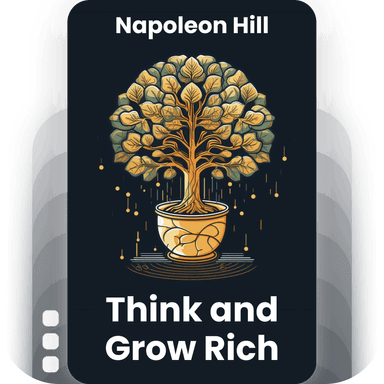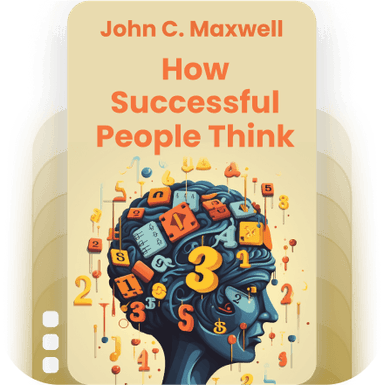
The Unicorn Project
Gene Kim
4.4 - 5 ratings
10
List Points
10
Chapters
5
Topics
Description
Set within the high-pressure environment of a fictional tech company, Gene Kim's novel explores the challenges and triumphs of a software development team striving to achieve digital transformation and enterprise-wide innovation. By focusing on the journey of protagonist Maxine, a talented engineer, it underscores the significance of the 'Five Ideals'—locality and simplicity, focus, flow and joy, improvement of daily work, psychological safety, and customer focus. Through this lens, the book emphasizes the critical importance of fostering a culture that empowers teams, accelerates feedback loops, and embraces continuous learning to drive meaningful and sustainable business outcomes.
What will you learn?
By delving into Gene Kim's insightful narrative, readers will explore the pivotal elements of successful digital transformation within organizations. The strategies and principles central to achieving robust DevOps cultures are unveiled through the eyes of dynamic characters tackling real-world challenges. Readers will gain a deep understanding of the Five Ideals – including Locality and Simplicity, Focus, Flow, and Joy – and how they drive innovation, empower teams, and foster resilient leadership. The book provides practical takeaways on overcoming technical debt, fostering a culture of continuous improvement, and leveraging technology to achieve business agility, enabling organizations to thrive in fast-paced, competitive environments.
Who’s it for?
• IT professionals
• DevOps practitioners
• Business leaders in tech-driven companies
• Project managers in software development
• Data scientists and engineers
Categories
Key Learning
Available chapters to listen for this topic- 1
Embracing the Five Ideals
Discover the transformative power of the Five Ideals—Locality and Simplicity, Focus, Flow and Joy, Improvement of Daily Work, Psychological Safety, and Customer Focus—and how these principles can revolutionize both work culture and productivity. - 2
The Crucial Role of Empowered Teams
Understand the importance of small, cross-functional teams with autonomy to make decisions and innovate, and how empowering these teams can lead to increased speed, creativity, and value delivery. - 3
Overcoming Technical Debt
Explore the concept of technical debt, its detrimental impact on software development, and strategies for managing and mitigating it to ensure sustainable, long-term success. - 4
Maximizing Developer Productivity
Learn strategies for optimizing developer productivity through better tools, environment setup, streamlined processes, and minimizing interruptions, thus enabling developers to focus on high-value work. - 5
The Power of Psychological Safety
Grasp the significance of creating a psychologically safe work environment where team members feel comfortable taking risks, expressing ideas, and learning from failures without fear of judgment. - 6
Establishing Radiant Visibility
Implement the practice of making work visible through techniques like Kanban boards, dashboards, and automated metrics, leading to better decision-making, accountability, and continuous improvement. - 7
Breaking Down Silos
Delve into the negative impacts of organizational silos and how fostering collaboration across departments can lead to better outcomes, innovation, and a more cohesive company culture. - 8
Innovation and Experimentation
Emphasize the importance of fostering a culture of innovation and continuous experimentation, encouraging teams to test ideas rapidly, learn from failures, and iterate towards success. - 9
Customer-Centric Development
Understand the necessity of putting customer needs at the forefront of development efforts, ensuring that the products and features delivered truly resonate with and provide value to the end users. - 10
The Strategic Importance of Data
Recognize the vital role of data in driving informed decision-making, leveraging analytics to gain insights, and creating feedback loops to continuously improve products and business processes.
























